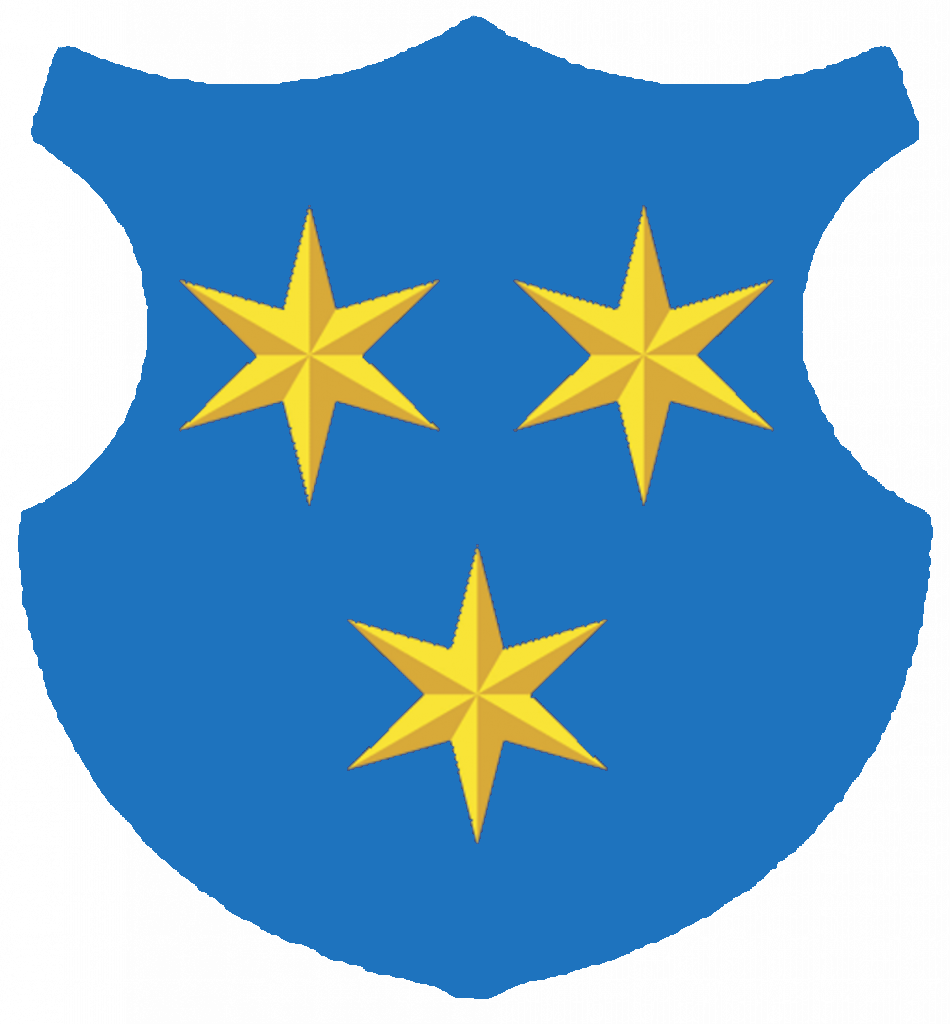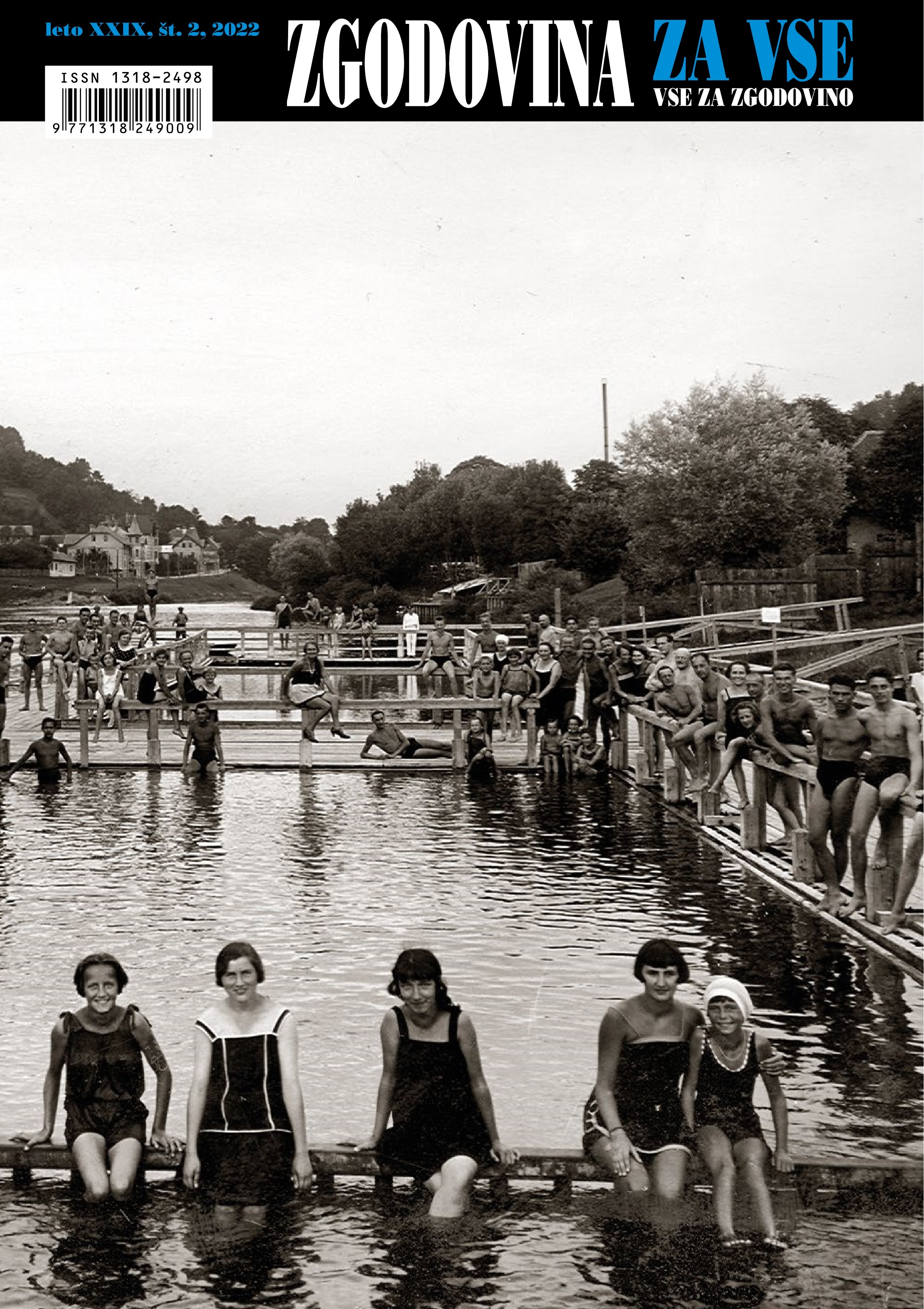Darja MIHELIČ
POPULIST STIGMATIZATION OF THE NAME OF THE DUKE OF CARANTANIA
Waltuncism – a New Synonym for Collaboration?
The paper highlights the issue of adapting historical knowledge to the current conditions and projecting modern concepts into the distant past, and of evaluating past events ethically with modern criteria. It presents the origins of a fictional horror story about the bloody events related to the Christianization of the Eastern Alpine area in the 8th century, which was the inspiration for the poem “The Baptism at the Savica” by the poet France Prešeren. The article problematizes the use of the names of concrete historical figures to designate (negative) current phenomena, introduced by the philosopher and academician Tine Hribar in his book Slovene Schisms and Slovene Reconciliation
and in the media.
Stanislav JUŽNIČ
FRANZ UNGER AND HIS PIONEERING CONTRIBUTIONS TO ENVIRONMENTAL RESEARCH
In his paper, the author discusses the process of climate change research, with special reference to the research of Franz Unger (1800-1870). The son of a Maribor mother, Franz Unger was one of the pioneers of research on greenhouse phenomena. Through research into his lineage, his links with other researchers, his travels around the world and his lifetime academic career, we are moving towards a better appreciation of Unger’s achievements in the field of environmental research. In the context of ecology, his research on fossils and botany in the Celje area and beyond is also of great interest.
Nataša HENIG MIŠČIČ
“HE WAS ASKED TO STUDY THE QUESTION OF WHETHER THE ASSOCIATION COULD BE DISSOLVED, AND A COMMISSIONER APPOINTED.”
Liquidation of the Kranj Savings Bank Society after the First World War
The paper focuses on the last years of the Kranjska Savings Bank in the context in which it was founded in 1820. Until the end of 1927, it had the structure and organization of a private financial institution under the responsibility of a society. The members of the Society were the most important representatives of the business and economic world in Carniola and later in Slovenia. The article traces the process that led to the liquidation of the Society and the day-to-day challenges faced by the leading people in the savings bank. The focus of the article is on the members who persevered and worked to keep the savings bank running as smoothly and successfully as possible until the end of the Society’s existence.
Mojca ŠORN
“THE LJUBLJANICA RIVER WAS PACKED.”
Establishment of the Ljubljana Livada Baths and the First Few Years of Its Operation
In the introduction of the article, the author outlines the role played by the Ljubljanica River and its right and left banks in the social life of Ljubljana. In the first part of the article, based on archival material, the author presents the conceptual design and construction of the Livada bathing area along the Ljubljanica. In the second part and in the conclusion – also based on archival material – it discusses the activities that marked and connected the bathing complex and its users from its foundation in 1923 until the opening of Ljubljana’s elite Ilirija swimming pool in 1929.
Andrej RAHTEN
THE LAST SLOVENIAN LEGITIMIST OR THE STORY OF THE INTERNATIONAL FRAUDSTER FROM VRH NAD LAŠKIM
Alojz Novak’s Dossier in the Archival Material of the First Austrian Republic
The article presents the activities of Alojz Novak, a native of Vrh nad Laškim, who in the 1930s posed as a representative of the secret “King Matjaž” organization. The organization was modelled on the Austrian legitimist societies, which recognized Otto of Habsburg as the rightful heir to the imperial throne, while Novak’s organization reputedly advocated an independent Slovenia under the Habsburg scepter. The article is based mainly on material held by the Austrian State Archives or the Archives of the Republic. The Novak file contains mainly police reports and correspondence from the Federal Chancellor’s Office, but also various propaganda material. It also includes the bilingual newspaper Oesterreich. Slovener/Austrijski Slovenec, which Novak published in Germany, but only one issue of which was published.

